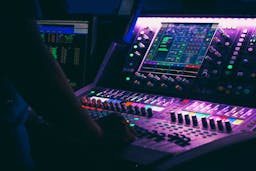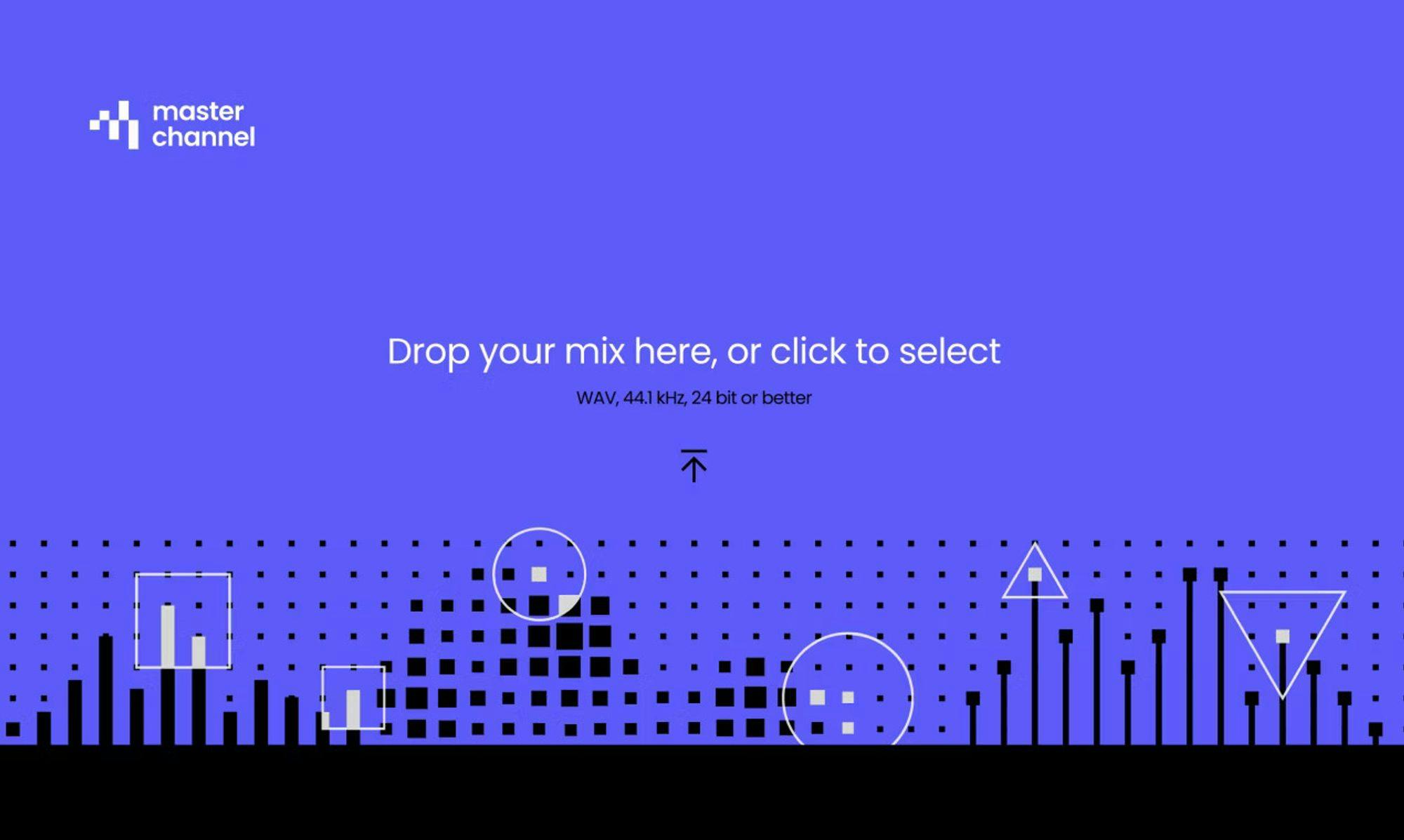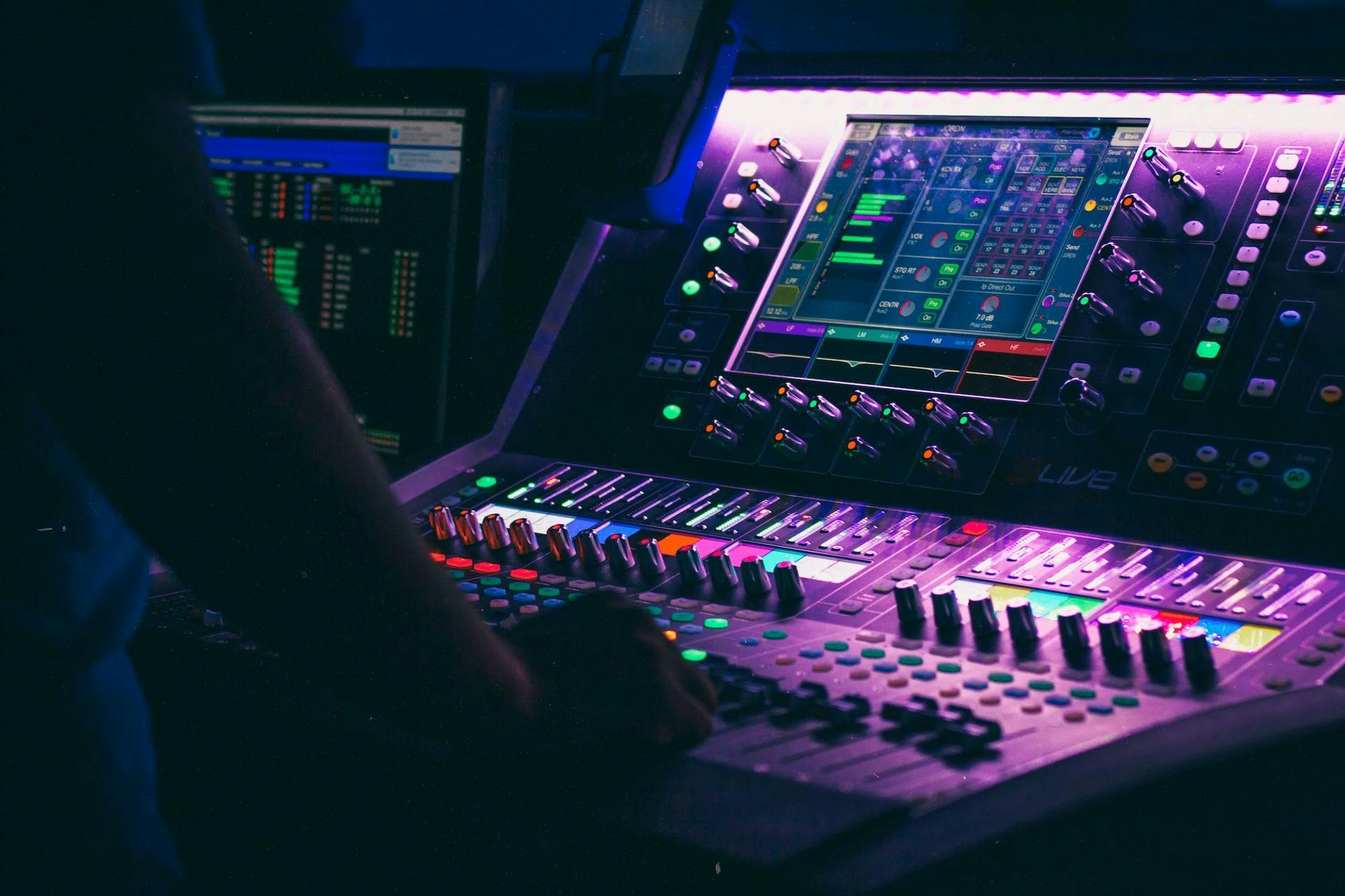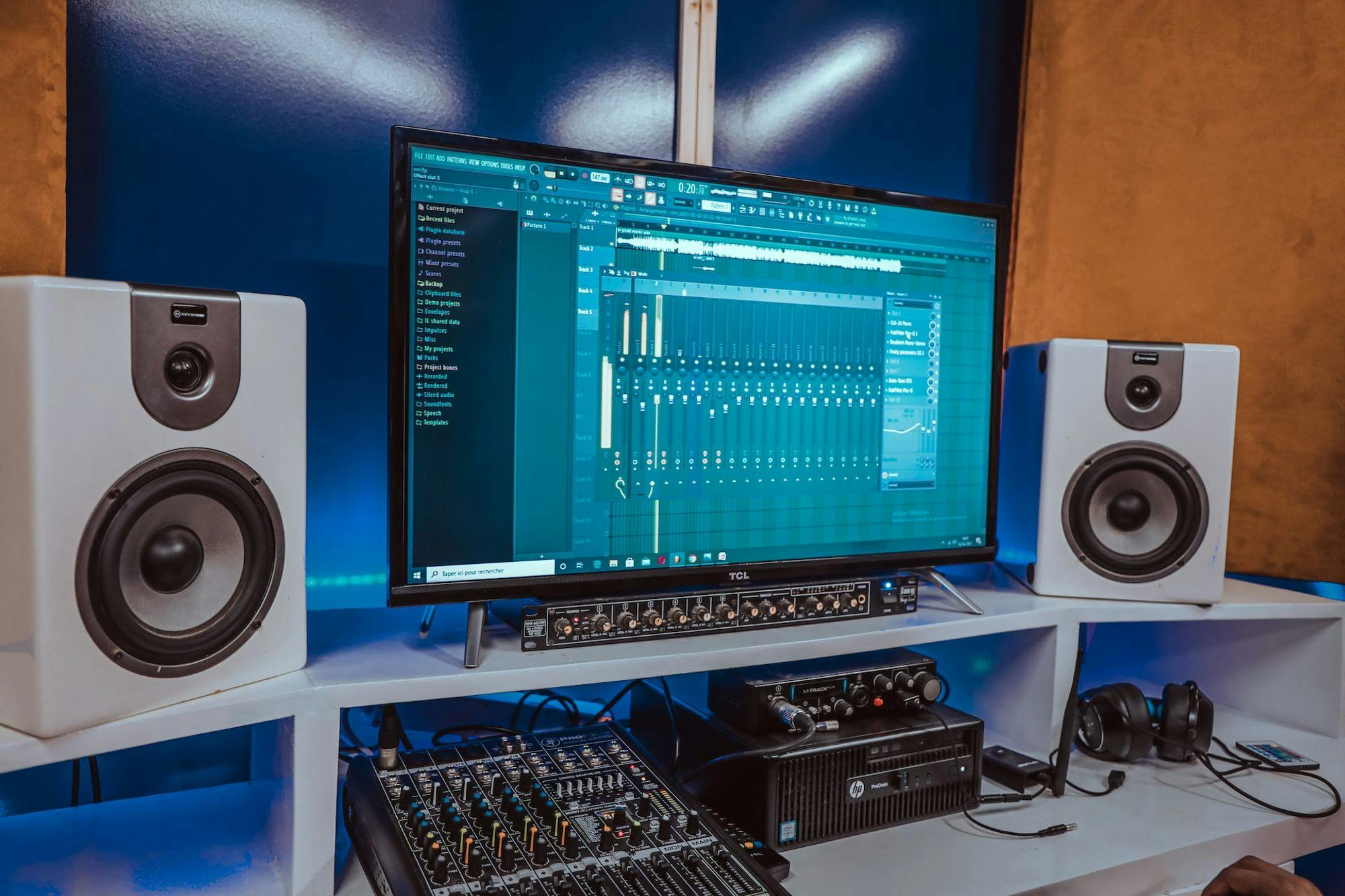Mastering is an essential part of the music production process, and there are different ways to approach it. In this post, we'll explore the three types of mastering: self-mastering, AI-powered mastering, and professional studio mastering, and the advantages and disadvantages of each approach.
Self-Mastering
Self-mastering, as the name suggests, is the process of mastering your tracks yourself. This can be done using mastering software or plugins that allow you to make adjustments to your mix, such as EQ, compression, and limiting. Self-mastering is a common approach for electronic music producers who are just starting and don't have a budget to hire a professional mastering engineer.
Advantages:
- Cost-effective: Self-mastering can save you money since you don't need to pay for professional mastering services.
- Control: You have full control over the mastering process, allowing you to make adjustments until you're happy with the final result.
- Convenience: Self-mastering can be done at any time, without the need to book a studio session.
Disadvantages:
- Lack of expertise: Mastering is a complex process that requires expertise, knowledge, and experience. Without proper training, self-mastering can result in a track that sounds unprofessional and lacks the clarity and depth needed to stand out.
- Limited tools: Self-mastering software and plugins have limitations in terms of the tools and features available, which can limit the final result.
AI-Powered Mastering
AI-powered mastering is a relatively new approach to mastering that uses machine learning algorithms to analyze and adjust the mix automatically. Platforms such as LANDR and Masterchannel offer automated mastering services that claim to produce high-quality results quickly and easily.
Advantages:
- Speed: AI-powered mastering is fast, with the results available in minutes.
- Cost-effective: AI-powered mastering is cheaper than professional mastering services, making it an affordable option for producers on a budget.
- Consistency: AI-powered mastering can produce consistent results, regardless of the track's genre or intended sound.
Disadvantages:
- Lack of control: Since the mastering is done automatically, you have limited control over the final result.
- Limited customization: AI-powered mastering platforms offer limited customization options, making it challenging to achieve a unique sound.
Professional Studio Mastering
Professional mastering is the most traditional and widely used approach to mastering. It involves hiring a professional mastering engineer to work on your tracks in a professional studio, using specialized equipment and software to achieve the best possible sound quality.
Advantages:
- Expertise: Professional mastering engineers have the expertise, knowledge, and experience to achieve the best possible sound quality for your tracks.
- Customization: Professional mastering allows for complete customization, ensuring that the final result meets the artist's expectations.
- High-Quality Results: Professional studio mastering produces high-quality results that are unmatched by self-mastering or AI-powered mastering.
Disadvantages:
- Cost: Professional studio mastering can be expensive, making it an option for producers with a higher budget.
- Time: Professional studio mastering requires booking a session in advance, which can be time-consuming.
Conclusion
Each type of mastering has its advantages and disadvantages, and the choice ultimately depends on the producer's budget, level of expertise, and desired sound quality. While self-mastering and AI-powered mastering can be cost-effective and convenient, professional studio mastering remains the best approach for achieving high-quality and customized.





